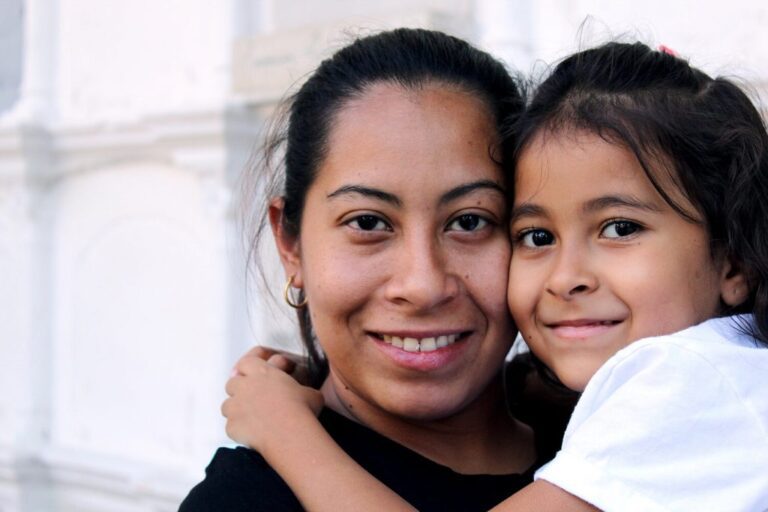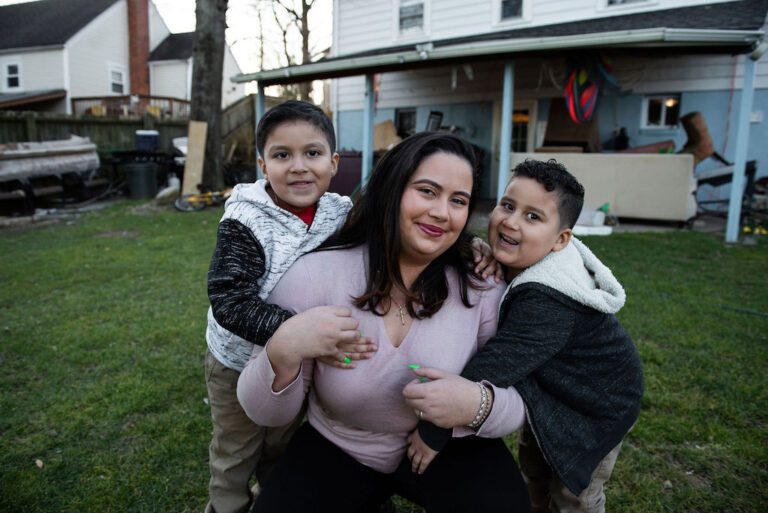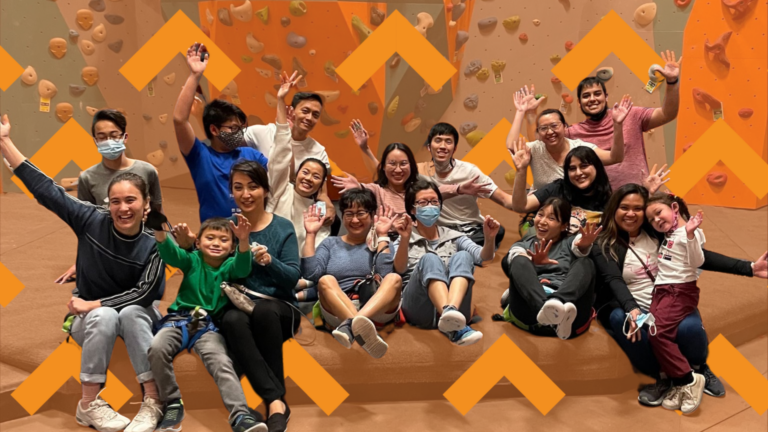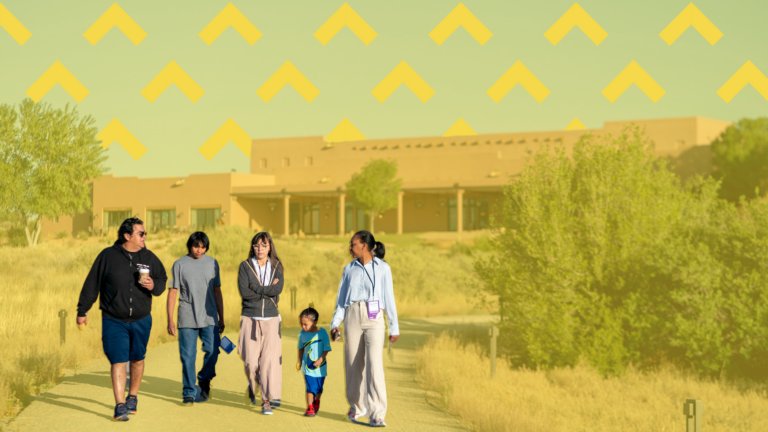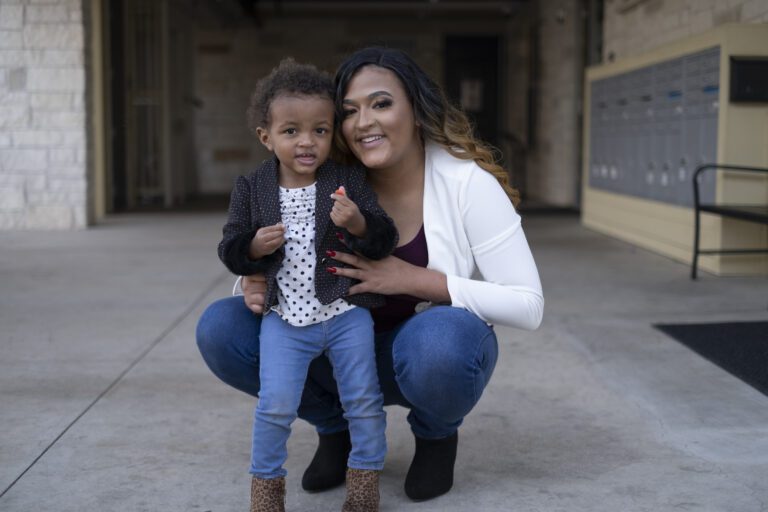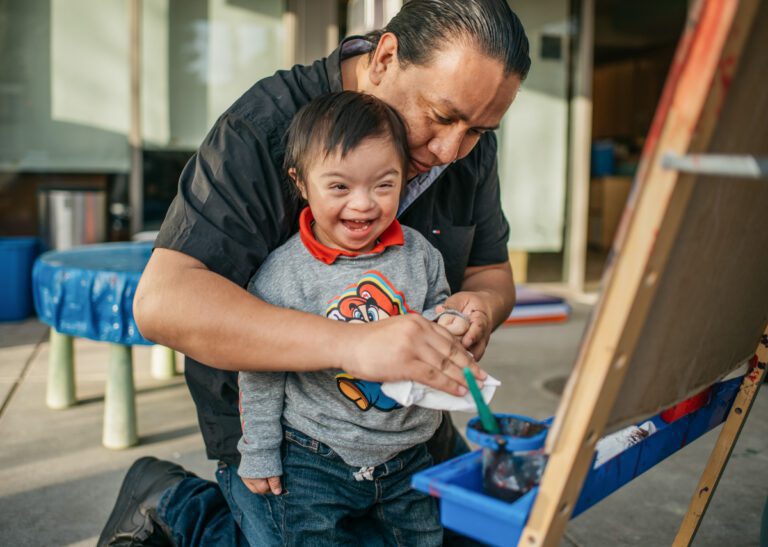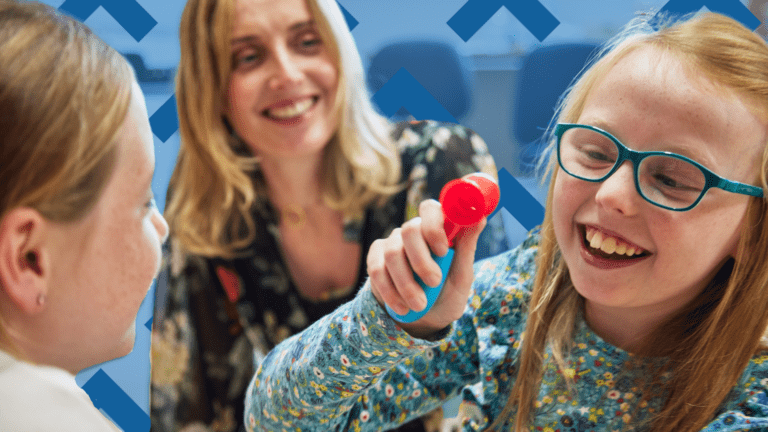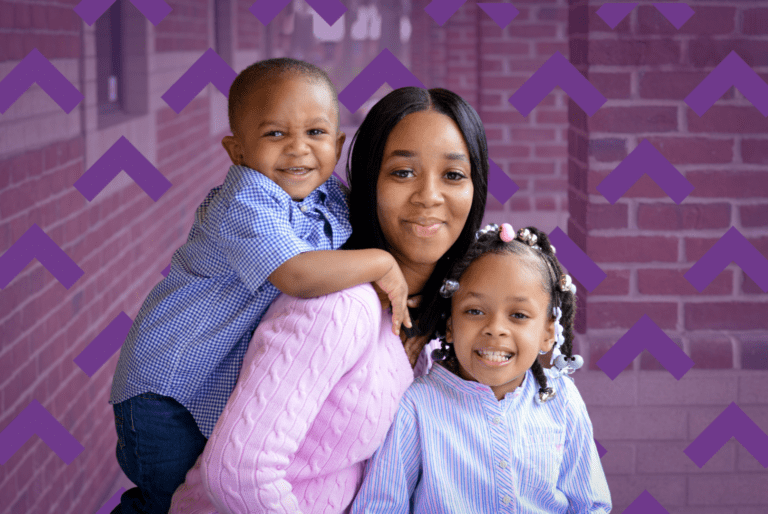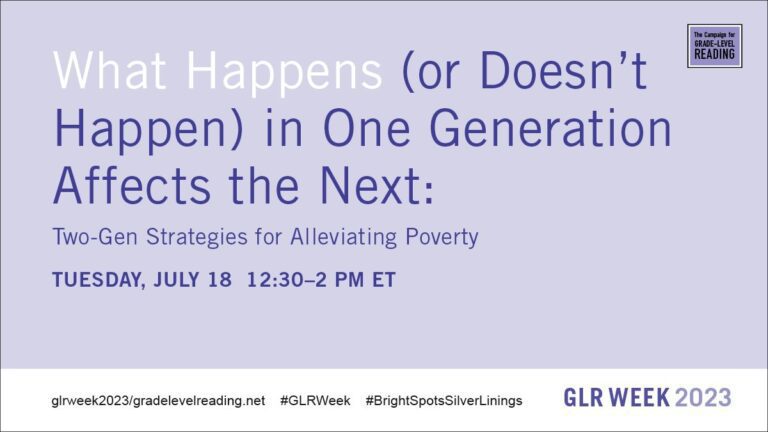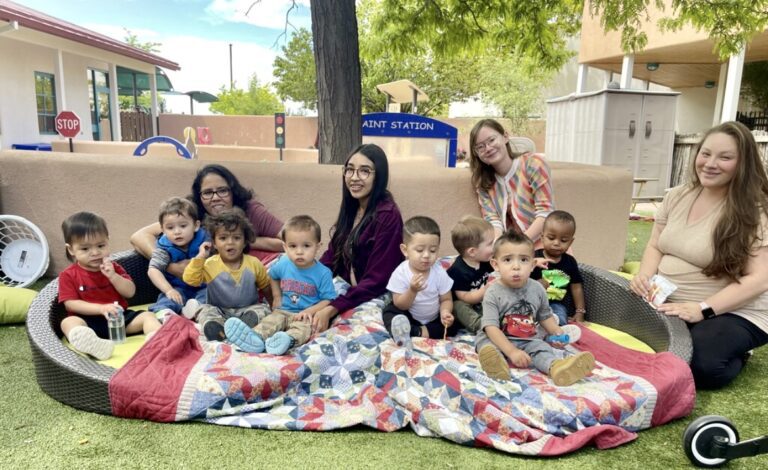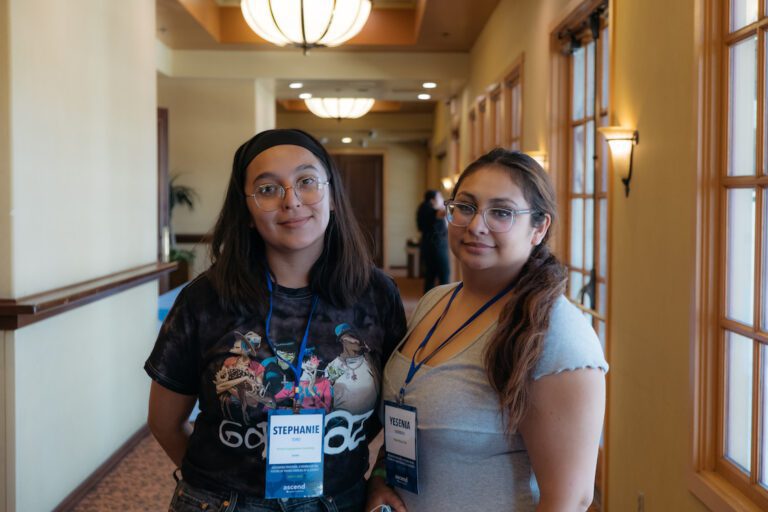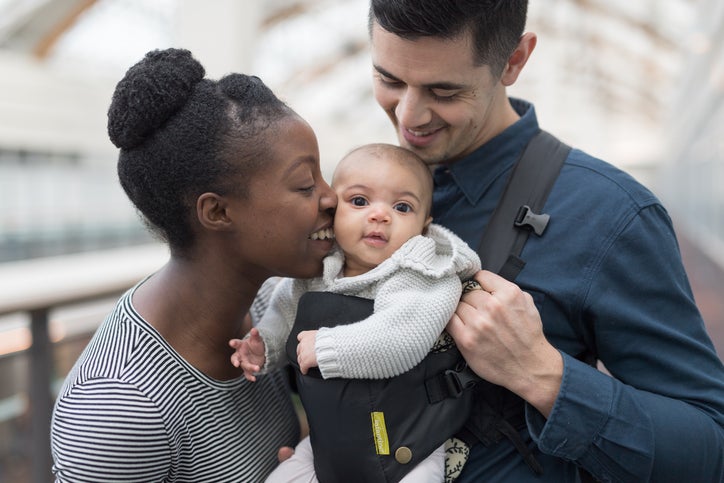Women’s Foundation of Southern Arizona – State 2Gen Model
This blog is part of Ascend at the Aspen Institute’s 2Gen Level Up series. Ascend challenged organizations that work with and/or on behalf of children and families to apply one of six resources listed below and level up their two-generational efforts. Of the many organizations from across the country that put these resources to use, Ascend selected six 2Gen Level Up winning organizations to each receive $5,000 and advance outcomes for families in their communities.
This blog series features the applications written by each of the winning organizations to demonstrate real-life implementations of these resources. Below is one winning entry, from Women’s Foundation of Southern Arizona, for their usage of the resource State 2Gen Model: Maryland as a Case Study for Policymakers.
About Women’s Foundation of Southern Arizona
The Women’s Foundation of Southern Arizona (WFSA) collaborates to achieve social, political, and economic change that empowers women and girls. Founded in 1991 on the principle that when women thrive, the entire community benefits. WFSA empowers women to make positive changes in their lives and in the community through five forces for change: leaders, donors, community, research, and grants.
Why did you choose this resource? 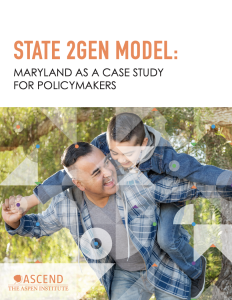
We looked to this 2Gen case study for community innovation to statewide policy adoption. We have integrated several of the local strategies with our Pathways for Single Moms pilot program that goes hand in hand with our research and advocacy policy work at the state level. These strategies include:
- Intake practices
- Creative partnerships with community colleges,
- Supportive housing,
- Workforce development, and
- Building social capital among the participants.
Currently, 33,000 single mothers in Arizona are employed but have only a high school diploma. Without a pathway to further education, these mothers cannot increase their career trajectories or earning potential. This program is designed to help single mothers with young children to earn a certificate in designated fields that our research shows will pay a self-sufficient wage. The program includes tuition, childcare scholarships, emergency funds, educational and career coaching, and transportation assistance.
Pathways for Single Moms and its wrap-around supports are the result of collaborations with Pima Community College, the Department of Economic Security, First Things First, Pima County One Stop, Job Path, and the Arizona SNAP office, and currently has the potential to reach 100 mothers. In Arizona, there are nearly half a million full-time working women who lack a college degree (two- or four-year). Over 70,000 of those are single mothers. Full-time working women, especially single mothers without a four-year college degree, are likely to struggle to support their families. Among the five most commonly held occupations for single mothers of young children, none provide a median wage higher than $30,000. Pathways is a multi-pronged approach, 2Gen program to fundamentally shift the futures of these low-income families by providing access to an innovative combination of educational and economic opportunities, with a goal of empowering mothers with the tools they need to become economically self-sufficient.
How have you implemented the resource? How did this resource level up your 2Gen work?
At the heart of the Pathways program is a partnership with Pima Community College and their IBEST (Integrated Basic Education and Skills Training) programs. IBEST offers wrap-around supports to students who may benefit from additional support in basic literacy and math skills while guiding students through a one-year credit-bearing certificate program in fields specifically selected for having high local demand and wages above the self-sufficiency standard. Working with IBEST staff, WFSA has streamlined the intake process, and with other partners involved in providing services for participants, this is truly a collaborative effort.
We identified from the first cohort that many were not prepared with the math skills needed for the certificate program coursework. Participants faced writing and presentation challenges, which often were due to many years absent from an educational environment. During intake interviews with interested participants, we heard that many did not know how the certificate programs would enhance job placement and future earnings. To address these questions and needs, partners in our collective impact model have led orientations for the incoming cohort.
We are continuing to build out our staff to facilitate opportunities for more social capital for Pathways participants. The cohorts form strong bonds and participants regularly support and lean on each other as they face daily challenges of housing, stable childcare, basic needs, and transportation.
Finally, in the expectation that legislation drafted by WFSA to amend childcare subsidy definitions will pass in the 2021 Legislative Session, Governor Ducey’s Office has committed to cover the costs of childcare for current Pathways participants, and these scholarships are delivered by our community partner First Things First. By providing childcare to single mothers, this 2Gen Pilot Program can help women move to careers of self-sufficiency in just two years.
What are your next steps?
WFSA is in its 30th year of working with non-profit partners across several counties in Southern Arizona to increase income and assets for women and their families. In recent years, WFSA has begun state-wide collaborative work, to influence and advance legislation for the benefit of women and girls. As a result of these long-term investments in people and policy change, we were able to share the importance of access to CTE and childcare in order for single mothers to move onto paths of self-sufficiency.
The Governor’s Office began conversations with WFSA to pilot our findings through a program that would substantiate and clear a path for permanent systems change. WFSA drafted legislation to allow CTE to qualify as the employment requirement. The bill will run in its third year and we look forward to it passing in the 2021 session. Recruitment has started for our new Spring/Summer 2021 cohort. We have funding to support 40 single mothers and their children. Through our Pathways pre-survey assessments, follow-along surveys and interview questions, and retrospective surveys for participants, contracted with our University of Arizona researchers, we will seek to establish pre-program data such as income levels, education levels, and family financial history; during-program data such as attitudinal and behavioral changes particularly with regard to parental engagement, education, job prospects, and future financial security, as well as learn program challenges and barriers that can be addressed; and post-program data such as income changes and parental engagement changes. WFSA will also report on job placement rates as well as any impact from the loss of public benefits for families. With local partners, we intend for the program to be self-sustaining and transition to another local non-profit. We are looking to research on benefits of cliff effects in 2021-2022 to further build future pilot programs focused on this issue and to support legislative change.
Additional Resources
Please find the other 2Gen Level Up Prize winning applications Resources released during the 2Gen Level Up Week below:
- Principles for Engaging and Centering Parent Voices (Two winners)
- Family Futures Downeast | Machias ME
- PeletonU | Austin, TX
- State 2Gen Model: Maryland as a Case Study for Policymakers, Women’s Foundation of Southern Arizona | Tucson, AZ
- 2Gen Platforms for Scale: Whole-Family Approaches Rooted in Community with National Reach, Aroostook County Action Program | Presque Isle, ME
- Making Tomorrow Better Together: Process Outcomes and Measures for 2Gen Organizational Change, West Virginia University Center for Excellence in Disabilities; IMPACT WV | Big Chimney, WV
- Building Strong Client Relationships: Two-Generation Approach Begins with a Strong, Whole-Family Intake Process, Hispanic Unity of Florida | Hollywood, FL
- Two-Approach to Leveraging TANF: DC as a Case Study for Policymakers
Related Posts
